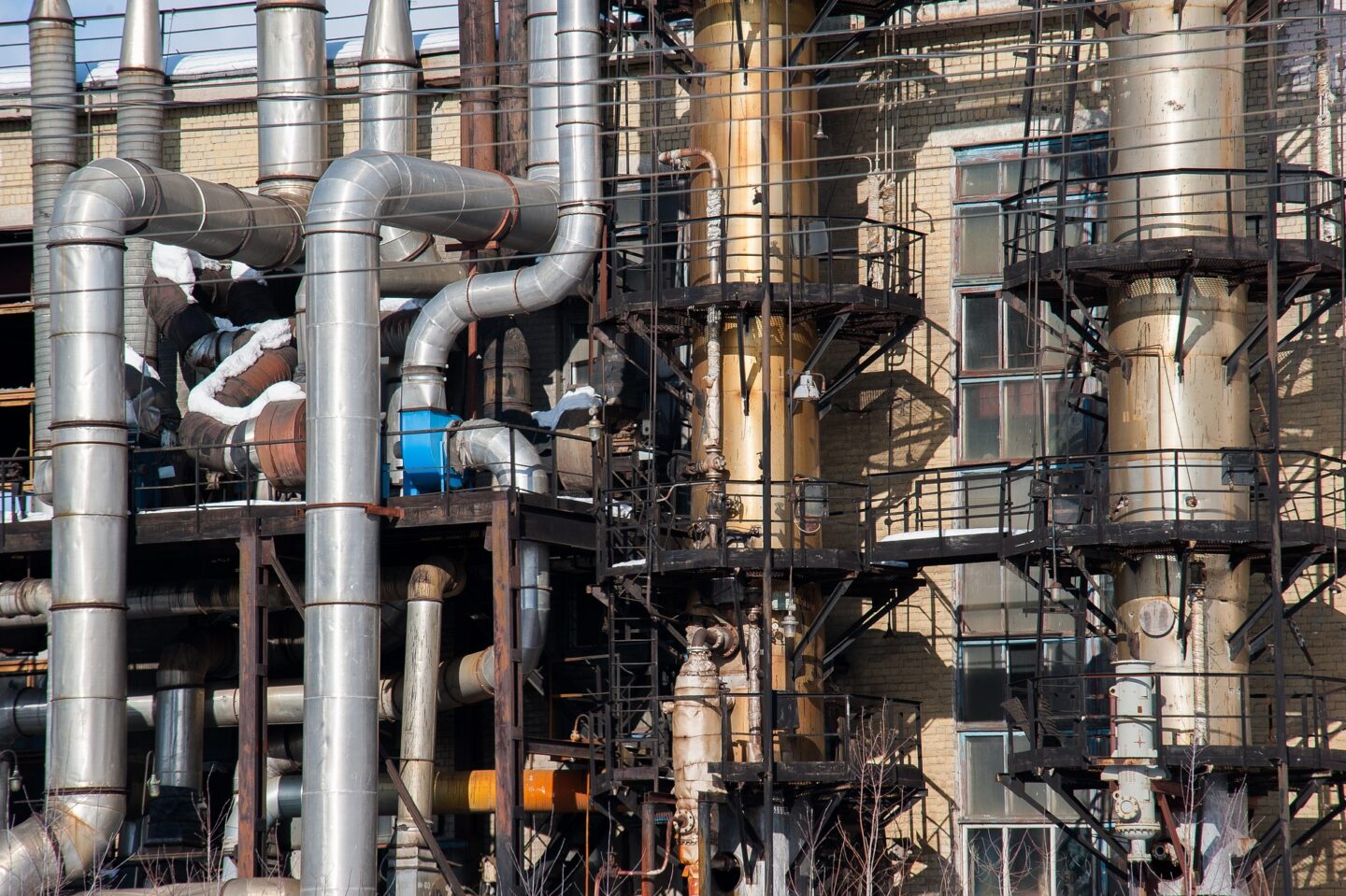
Green Lithium has selected PD Ports in Teesside, UK to build what it claims to be the country’s first large-scale lithium refinery.
Supported by the UK Government’s grant of more than £600,000, the new facility will annual production capacity of 50,000t of low-carbon, battery-grade lithium chemicals.
The battery-grade materials will be needed for lithium-ion batteries, energy storage, grid stabilisation and EV batteries.
The plant is estimated to cost £600m for construction, reported The Guardian.
Green Lithium CEO Sean Sargent said: “There is currently no lithium refining capability in Europe; localised lithium refining is urgently required to meet the exponential growth of European demand and protect against uncertainty from precarious international supply chains. Without localised supply, Europe’s battery, energy storage and automotive sectors will fail.
“Critically, Green Lithium will use a world-leading, sustainable, and low-carbon refining process, which has an 80% lower carbon footprint than traditional refineries in existing markets.”
How well do you really know your competitors?
Access the most comprehensive Company Profiles on the market, powered by GlobalData. Save hours of research. Gain competitive edge.

Thank you!
Your download email will arrive shortly
Not ready to buy yet? Download a free sample
We are confident about the unique quality of our Company Profiles. However, we want you to make the most beneficial decision for your business, so we offer a free sample that you can download by submitting the below form
By GlobalDataThe company is supported by the commodities trading firm Trafigura.
Planned to be commissioned in 2025, the refinery is expected to create more than 1,000 construction jobs and 250 full-time jobs once in operation.
UK Business Secretary Grant Shapps said: “We’re backing companies, like Green Lithium here in Teesside, to grow the new, green industries across the UK, sparking jobs and growth for decades to come.
“It is also allowing us to move quickly to secure our supply chains of critical minerals, as we know that geopolitical threats and global events beyond our control can severely impact the supply of key components that could delay the rollout of electric vehicles in the UK.”



